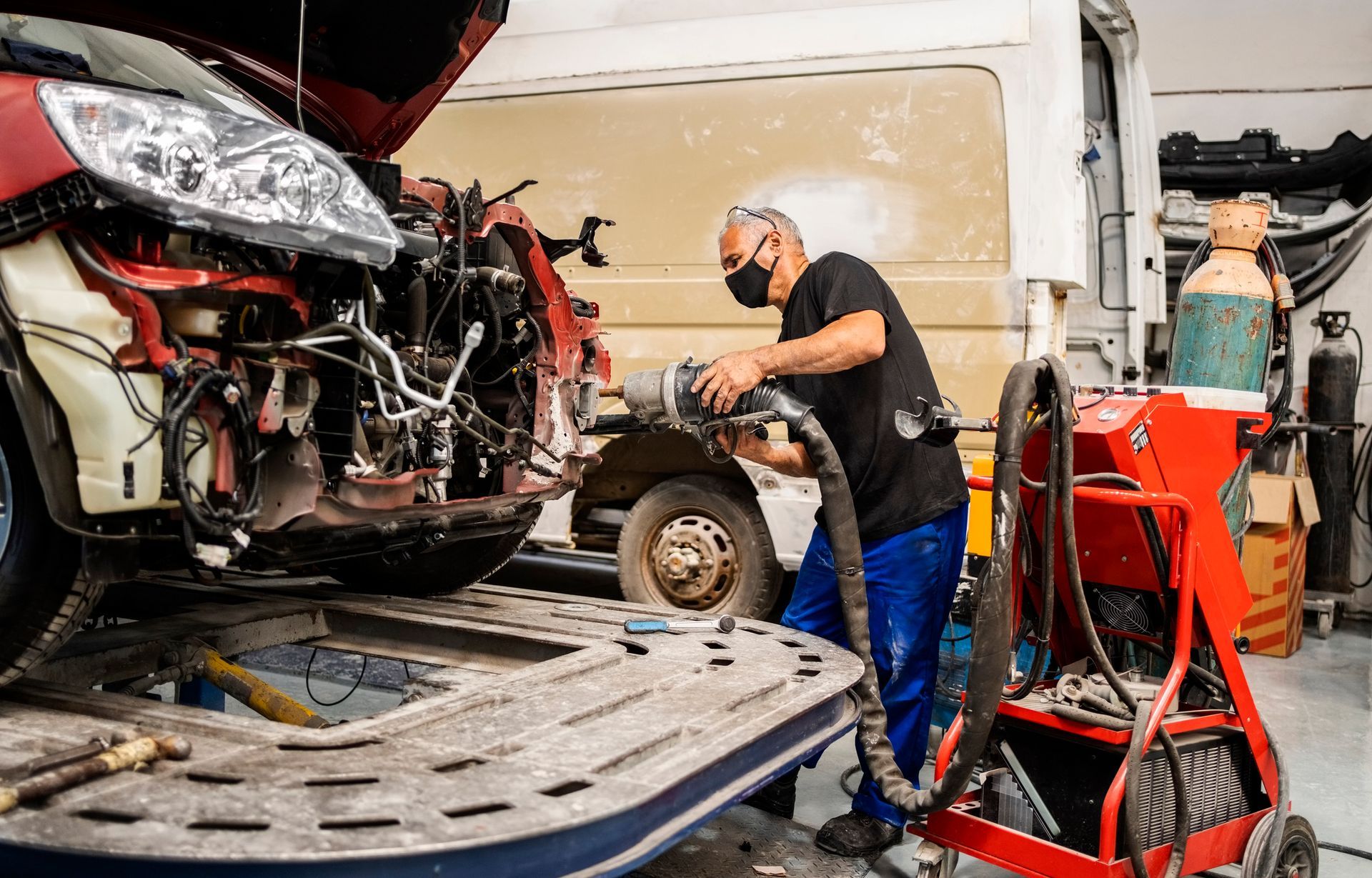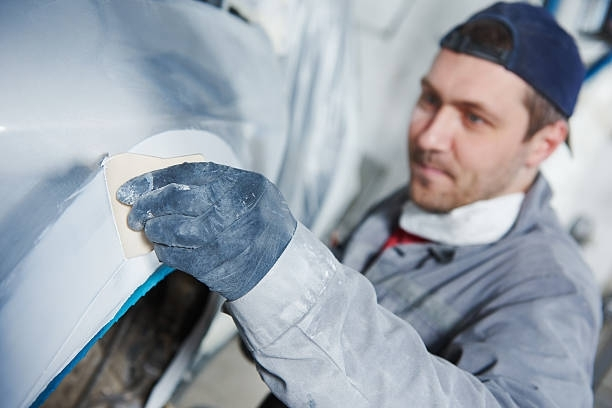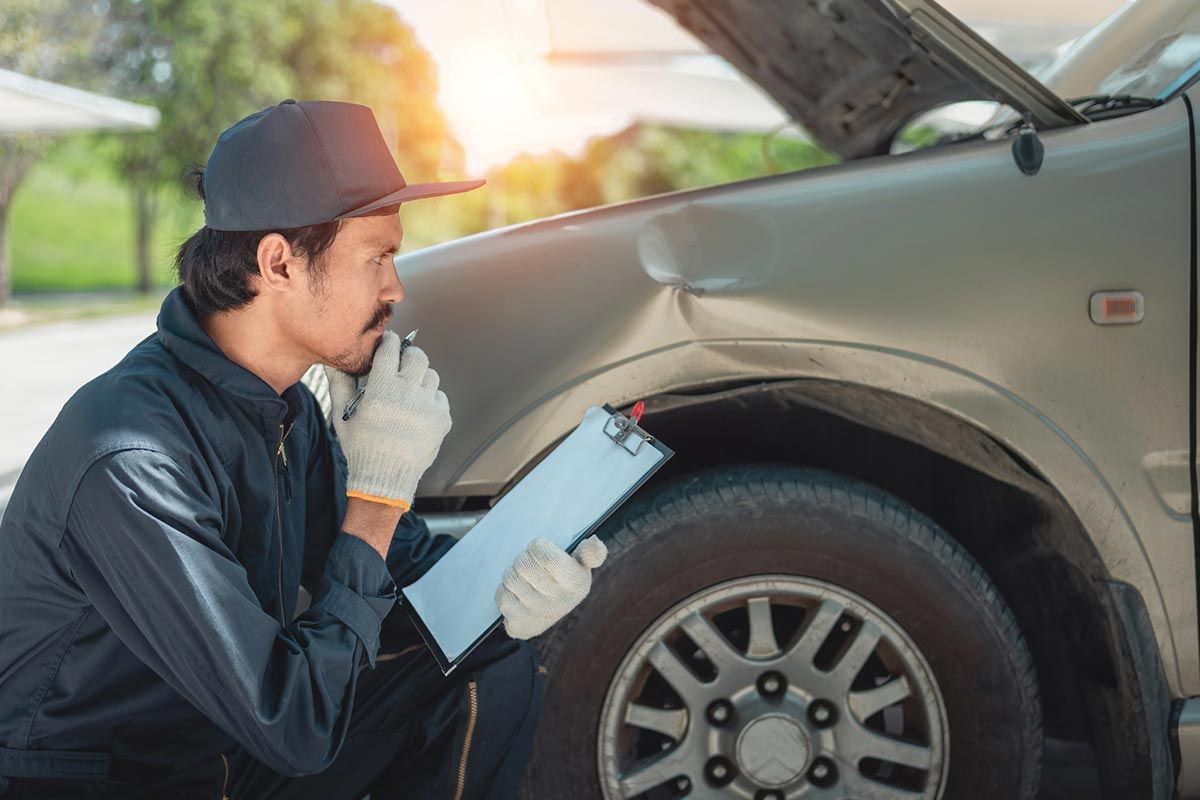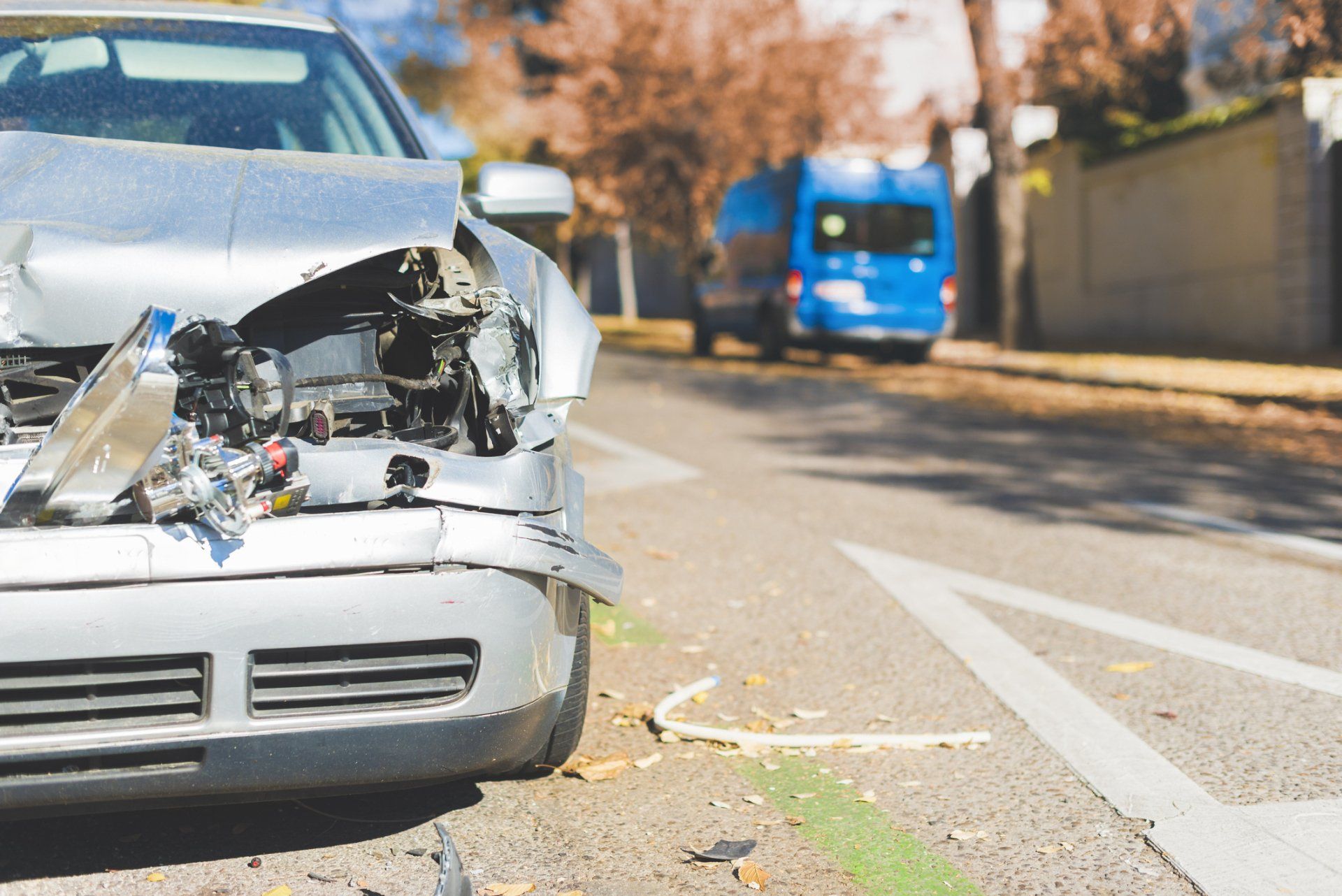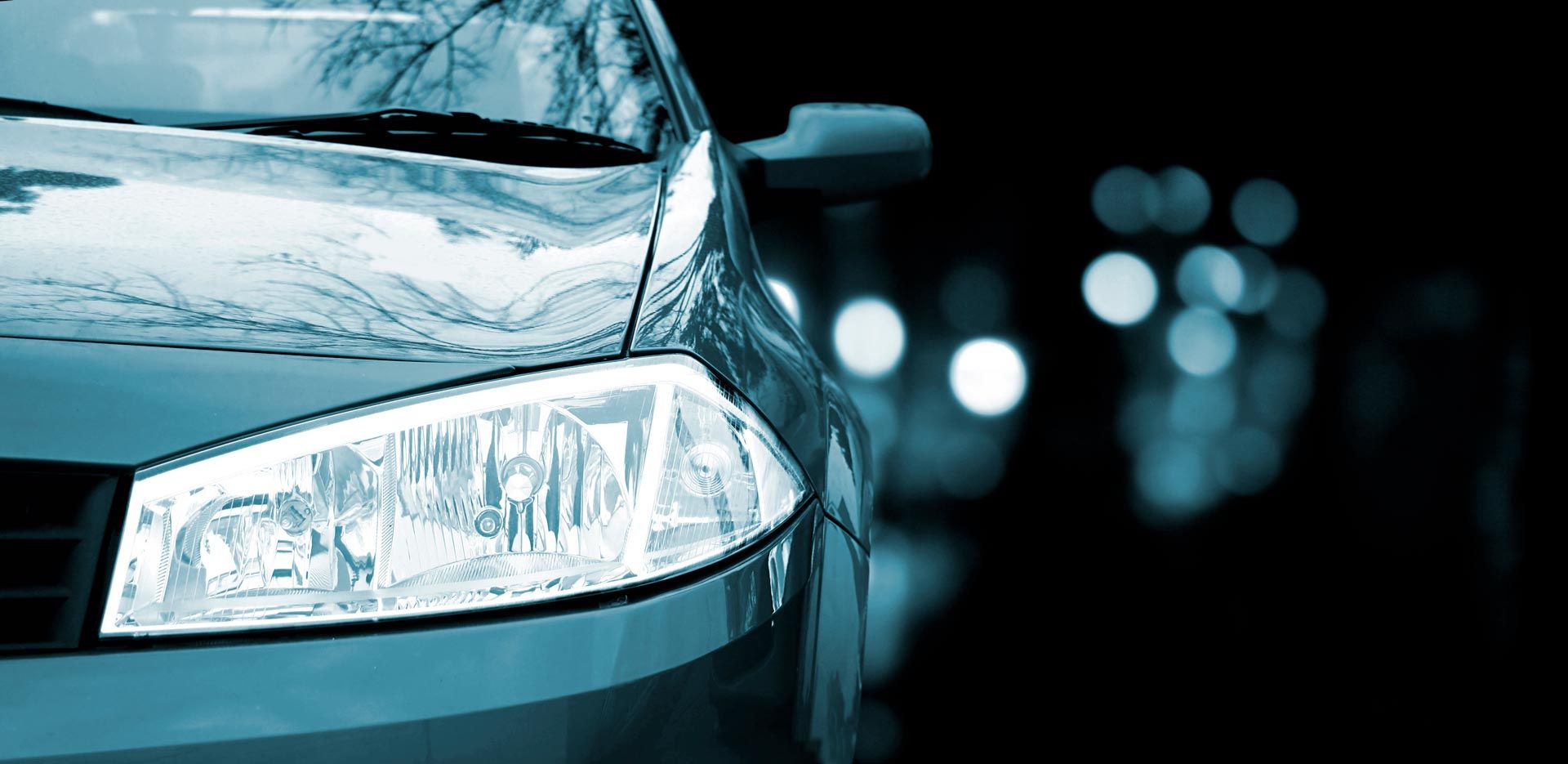Surprising Driving Habits That Wreck Your Paint Job
Admin • December 6, 2019
This is a subtitle for your new post
Savvy drivers know that certain driving techniques like sudden stops and starts can damage engine parts and shorten the life of a vehicle. But did you know that you could be hurting the exterior of your car simply by the way you drive? The metal body and paint on your car is prone to damage too. Here are some surprising driving habits that can create dents or wreck your paint job.
Navigating Unpaved Roads
Not all unpaved roads are created equal. Despite a lack of asphalt, some unpaved roads sport a smooth, well-maintained surface. However, some unpaved roads are often dirt roads with a rough, bumpy surface and abundance of loose gravel.
Frequent travel on dirt roads leaves you more likely to hit loose patches of gravel that fly up and strike the body of your car. Multiple nicks and dents from sharp objects threaten the protective paint on your car. Deeper dents can reach metal and put your car at risk for developing rust later.
Opt for paved roads, even if it means giving up your secret short-cut. If you must use a dirt road, drive slowly to cut down on the amount off flying gravel your tires create.
Driving in Snow and Ice
Florida rarely sees snow in the winter, but take note if you plan to head north this season to an area that receives snow or ice. Many municipalities treat roadways with salt to keep them free of ice and snow and to help improve traction.
Gravel, salt, or other chemicals are hard on you vehicle. Salt especially accumulates and eventually coats vulnerable exposed metal parts as you drive. Lower trim pieces, the insides of wheel wells, and the inside edges of your car doors can all receive a healthy dose after even a short drive on ice melt.
Try to wait and drive after roads are treated. Then, lessen the amount of salt your car encounters and avoid deep puddles of salty slurry. Keep plenty of space between you and the car in front of you. Rinse off your car as soon as possible to rid the body of all salt and slush.
Following Vehicles Too Closely
Do you tend to follow the car in front of you too closely? This practice does more than raise your risk of rear-ending another car because you cannot stop in time. Following vehicles too closely makes your car a target for road missiles like gravel or even debris from a truck. Projectiles may hit your car suddenly and create chips and dents that lead to corrosion.
Don't tailgate other cars, and pass slow-moving trucks as soon as it is safe to do so.
Parking in the Sun
Florida sunlight is abundant and bright. Unfortunately the sun's powerful ultraviolet rays have adverse effects on your paint job. Finely ground minerals in most paint pigments are slowly broken down over time, which diminishes its sheen. The paint on your car will look faded and dull if you only ever park in the sun.
You can help protect your paint and park in covered parking or invest in a good quality car cover when a garage is not an option. Shade is better to park under than sun, but watch out for what you park beneath. Pine tree sap and bird droppings contain chemicals that harm paint if you let them rest on your car for long periods of time.
Remember that consistent, good driving habits will help you keep your car free of damage and dents. If you still have trouble with damage to your car body or have paint damage, visit Automotive Super Sports. We can repair unsightly dents and scratches and make your vehicle paint look like new again.
Do you want to take care of your car? Discover specific signs that indicate that you should have a professional check your car at a repair shop.
While not all car accidents are fatal, they cause some vehicle damage. Read on to discover signs of hidden vehicle damage to watch for after an accident.
Common types of auto body damage include paint scratches, collision damage, dings and dents, weather damage, and windshield damage. Read on for more.
Keep yourself protected on the road with four helpful things to know about your headlights in connection to auto accidents. Read on for more information.
As a vehicle owner, you should know what elements can damage your car's paint job. Discover four of the most common to watch out for.

